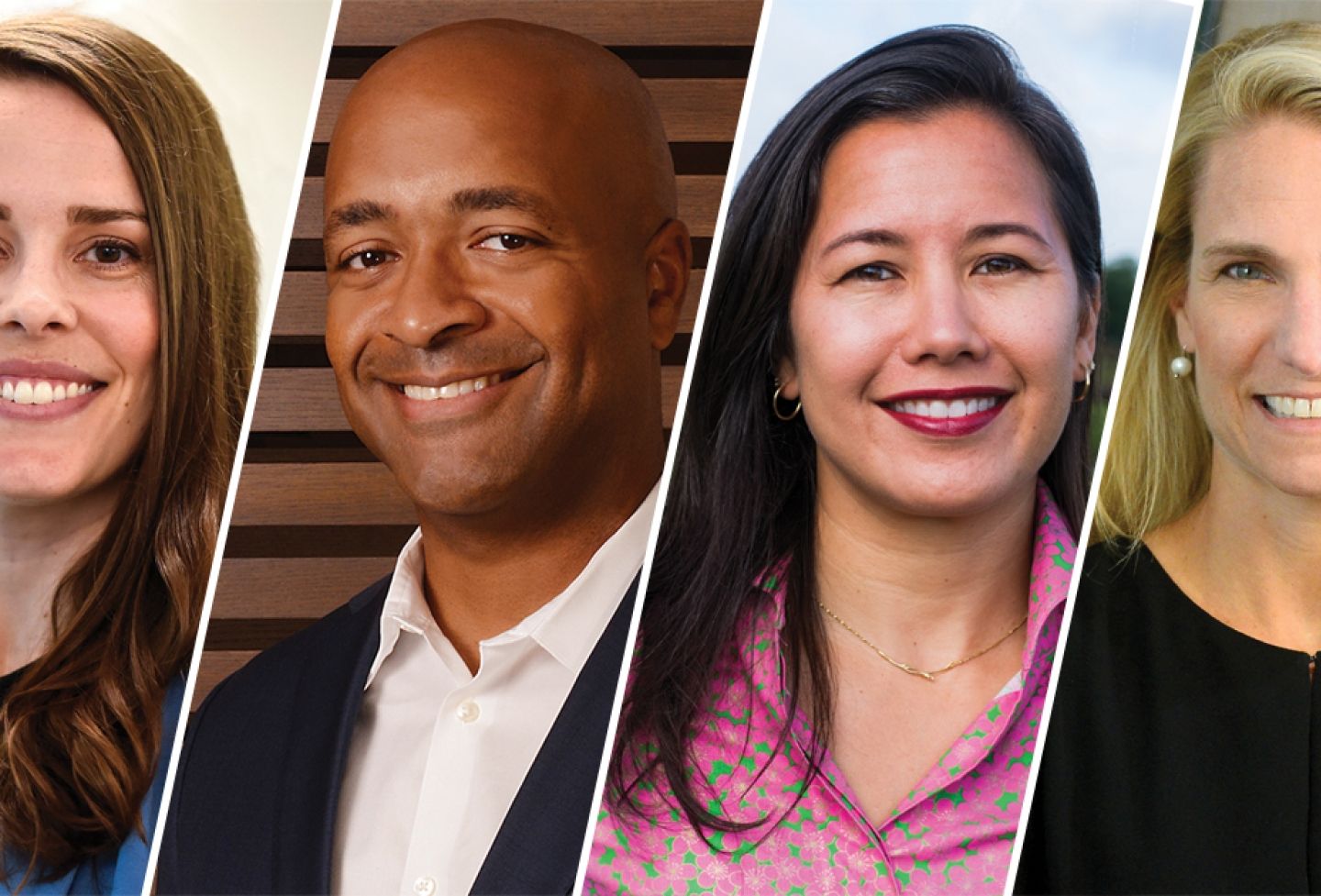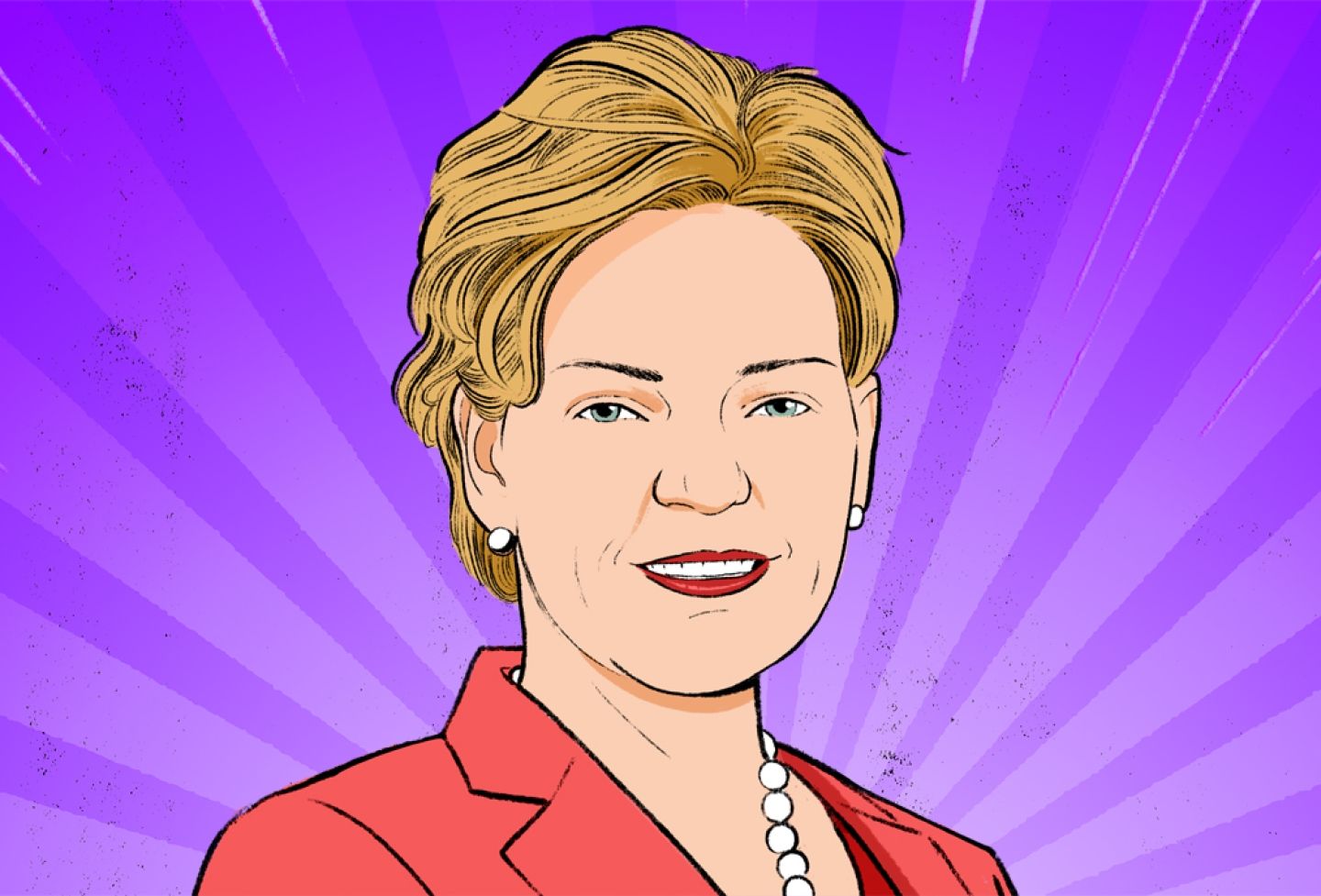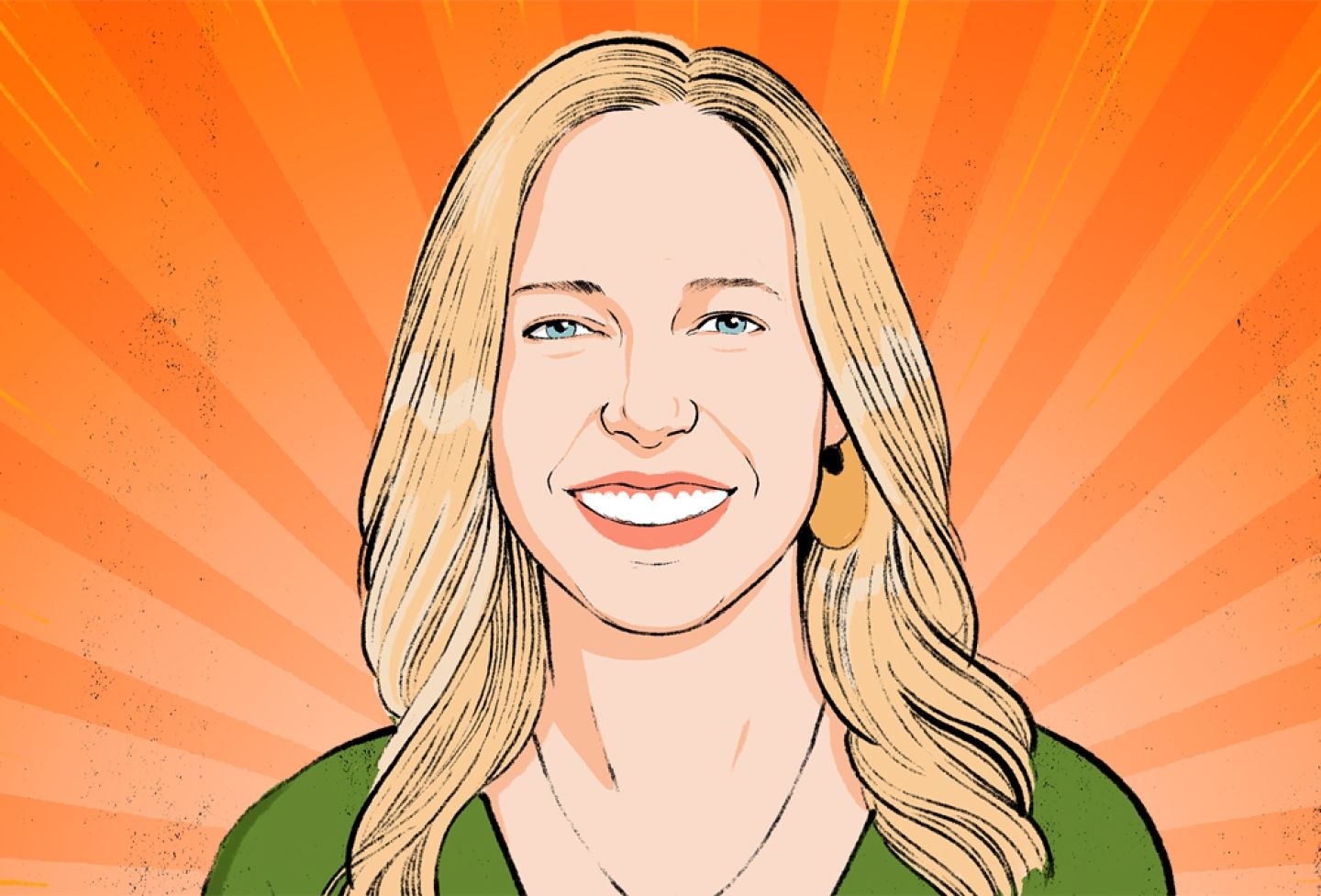Nancy Buc was the first female partner at Weil, Gotshal & Manges, and opened its Washington, D.C., office, before serving as the first female chief counsel at the U.S. Food and Drug Administration, from 1980-81.
In 1994, she launched her own law firm, Buc & Beardsley, where she worked until the partners decided to close the firm in 2011. She also was the first female attorney adviser to the chairman at the Federal Trade Commission and the first female assistant director of its Bureau of Consumer Protection. At the Law School, she was the first woman to serve as a trustee of the Law School Foundation.
What was law school like when you were a student and one of only seven women in your class?
The Law School was not uniformly welcoming. A lot of the students thought we were, as they put it, taking up a space a man could have had. At least some of the men were in law school to avoid the draft during the Vietnam War. And I finally took to saying to some of the men who objected to our presence, “Look, we’re here because we want to be lawyers. We’re not just draft dodgers.” And that usually took care of that. But I have lots of male friends from my class and the classes before and ahead of me. The faculty was very mixed [in how they reacted to female students]. There were some faculty members who were very unhappy about having women at the Law School, some were approving — and hired us as their student assistants — and some were at least neutral.
I had a good time in law school. But you were always sort of aware that if you were a woman in the law school in 1966 to 1969, that you were at least a curiosity and sometimes a villain.
Did you have trouble finding employment after law school?
I had interviews with a whole bunch of law firms that basically told me they didn’t hire women. And I would say to them, “Well, what did you interview me for?”
But the government was a good choice for women, even then. And when I interviewed with the Federal Trade Commission, that was the year that the [Ralph] Nader report came out [criticizing] the FTC. And so they were very happy to be hiring somebody who had the kind of LSATs I had, and who’d gone to a good law school, and who wanted to go to work there.
I was the first woman in many of the jobs that I ever held. And I’m really glad that that’s no longer the case for the women who have followed me in much, much, much larger numbers.
What stands out about your time at the FDA?
Being the general counsel of an agency like FDA is enormously challenging and enormously fun because the agency is involved in so many things that are both important and interesting. For example, while I was there, it was the time of the toxic shock syndrome [crisis] with the Rely tampons, primarily, and then later, others as well. That was a real problem, and tampons were and are regulated as medical devices by FDA. And so, together with the Centers for Disease Control, which was busy trying to figure out what the problem was, I was principally in charge of organizing the recall of the Rely tampons with Procter & Gamble. And that recall was and may still be the most comprehensive recall effort ever. And so that kind of thing in a government agency is really interesting and important.
How did you decide to start your own firm?
At Weil, the food and drug practice was tiny compared to the other things the firm did, like bankruptcies, where they’d have 25 or 50 lawyers working on it at one time. It was hard to imagine being able to get my associates to become partners, which meant I’d be constantly turning over the people I worked with, which didn’t particularly appeal to me. Also, it just seemed like a good thing to do. And so [I and Kate Beardsley] just decided to do it.
We were successful pretty much from the start. All of my clients came with us. And over time, the other people brought in clients as well. So it was a very successful transition.
What took you from lawyer to leader?
Lawyers are famously not always such great managers. When you start your own law firm, you and your founding partners are leaders sort of de facto, and you just have to do it. And we did.
I liked bringing in clients. I did it not just because it was profitable, but because I always liked new challenges in representing clients. I liked trying to see if I could get the FTC off their backs or get the FDA to approve something.
And I always liked practicing law. We’re in a very difficult time right now in terms of the rule of law, but I believed and believe that doing things the right way that is in accordance with the law, and helping your clients observe the law, and also persuading the government about what the law is if they’re not doing it the right way — those are good things to do. I retired because I’d done it for a long time, not because I didn’t like the law.
More ‘From Lawyer to Leader’ Stories
- Sarah Baker ’04, president and executive director, We The Action
- Elissa Cadish ’89, justice, Supreme Court of Nevada
- Terrica Ganzy ’02, deputy director, Southern Center for Human Rights
- Barbara Jeremiah ’77, former executive vice president, ALCOA
- Jennifer McClellan ’97, Virginia state senator
- Catharina Min ’90, partner, Covington & Burling
- Susan W. Murley ’86, co-managing partner, WilmerHale
- Heather Podesta ’97, founder and CEO, Invariant
- Mary Ellen Powers ’80, partner-in-charge, Jones Day Europe



